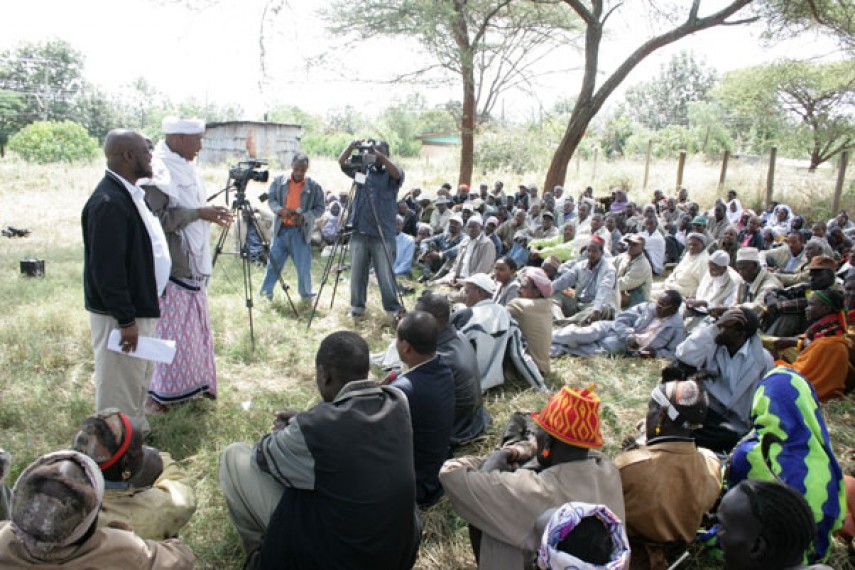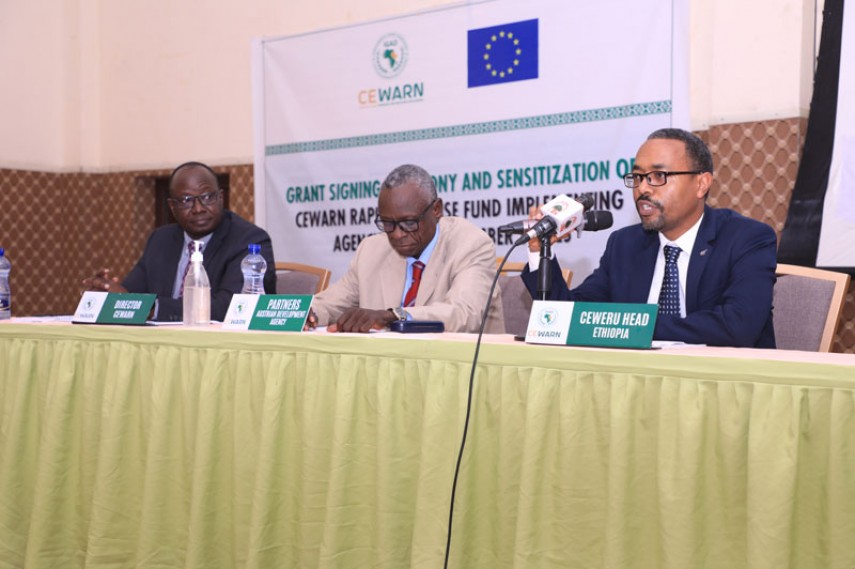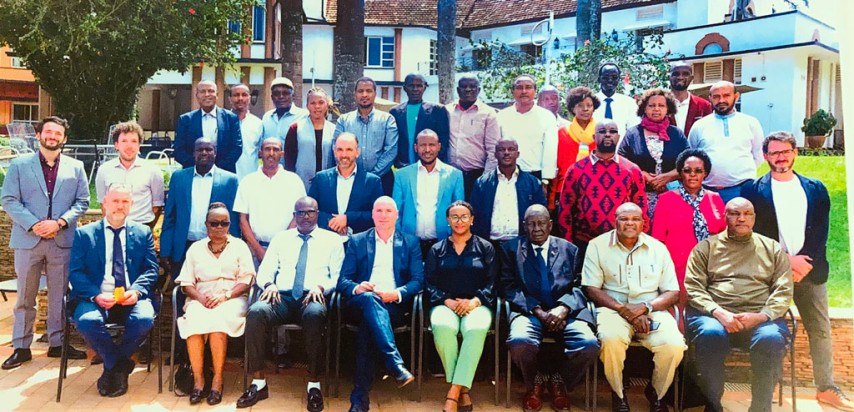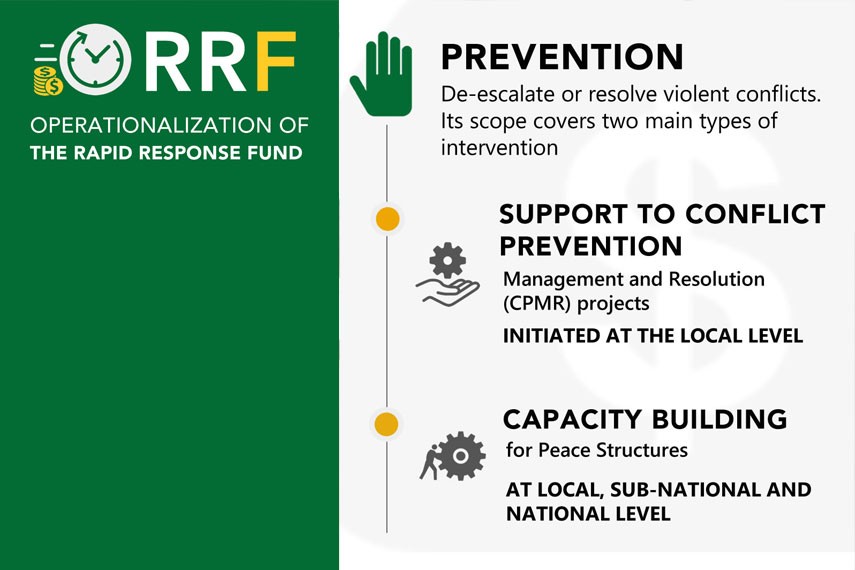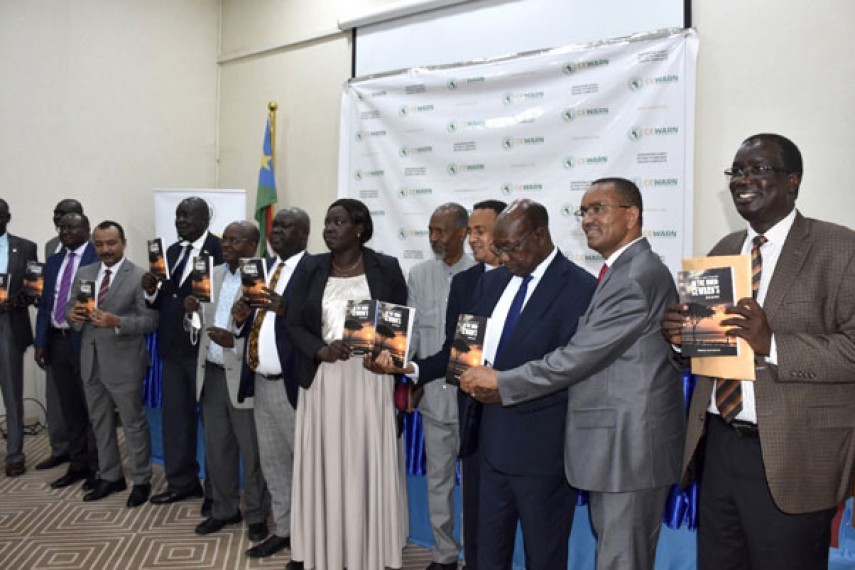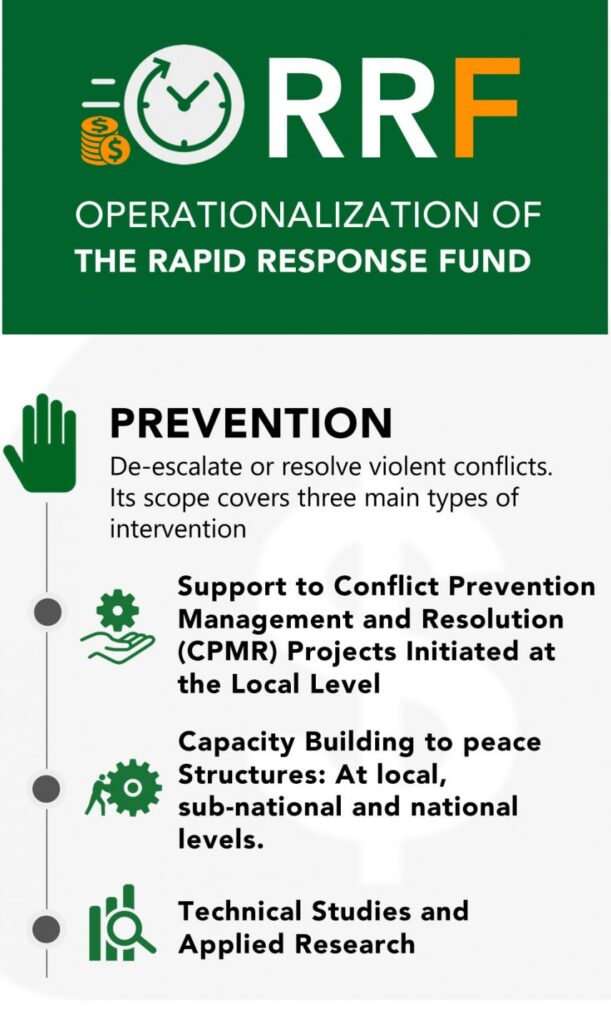CEWARN rolls out support to twelve conflict mitigation projects across IGAD region
CEWARN rolls out support to twelve conflict mitigation projects across IGAD region CEWARN is currently supporting twelve Rapid Response Fund (RRF) projects with a combined worth of Euro 371,522 targeting […]

